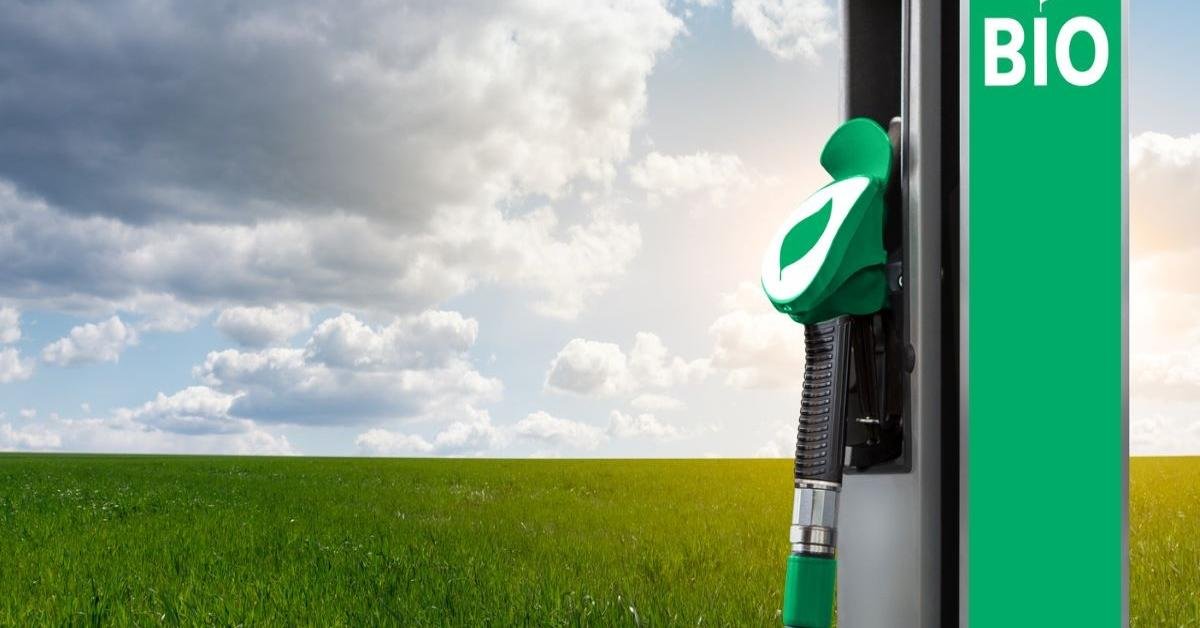Are you curious to know what is clean fuel? You have come to the right place as I am going to tell you everything about clean fuel in a very simple explanation. Without further discussion let’s begin to know what is clean fuel?
In an era where environmental sustainability is a global priority, the significance of clean fuel has gained unprecedented attention. But what exactly is clean fuel, and how does it contribute to a greener, more sustainable future? Let’s embark on a journey to demystify the concept of clean fuel.
What Is Clean Fuel?
Clean fuel, as the name suggests, refers to any fuel source that produces minimal or no harmful emissions when burned. Unlike traditional fossil fuels, which contribute to air pollution and climate change, clean fuels aim to reduce environmental impact, promote energy efficiency, and foster a transition towards sustainable energy alternatives.
Name Two Clean Fuels
- Hydrogen Fuel: Hydrogen, when used as a fuel, produces water vapor as its only byproduct. It is considered a clean fuel and holds promise for various applications, including transportation and industrial processes.
- Biodiesel: Biodiesel is derived from renewable sources such as vegetable oils or animal fats. It is a cleaner alternative to traditional diesel fuel and can be used in diesel engines with little to no modification.
What Is Clean Fuel Used For?
Clean fuel finds applications across diverse sectors, including:
- Transportation: Clean fuels power eco-friendly vehicles, reducing emissions and mitigating the environmental impact of traditional combustion engines.
- Industrial Processes: Industries utilize clean fuels to power machinery and processes, minimizing their carbon footprint.
- Residential Heating: Clean fuels are increasingly employed for heating purposes in homes, providing an eco-friendly alternative to conventional heating methods.
What Is Clean Fuel Class 8?
In the context of vehicles, “Class 8” typically refers to heavy-duty trucks. Clean Fuel Class 8 signifies the use of cleaner, alternative fuels in these heavy-duty trucks, contributing to reduced emissions and a more sustainable freight transportation system.
What Is A Clean Fuel Class 10?
Similarly, in the realm of vehicles, “Class 10” typically refers to heavy-duty construction and off-road equipment. Clean Fuel Class 10 denotes the adoption of cleaner fuel options in these heavy-duty machines, aligning with efforts to minimize the environmental impact of construction and industrial activities.
On GetDailyBuzz you will get to know beneficial information which required in your daily life.
What Is Clean Fuel Formula?
The clean fuel formula encompasses a diverse range of compositions, each tailored to specific applications. However, a common attribute is the reduction of carbon content and harmful pollutants in comparison to conventional fossil fuels. The formula varies depending on the type of clean fuel, whether hydrogen, biodiesel, or other renewable alternatives.
Clean Fuel For Vehicles
Clean fuel for vehicles encompasses a broad spectrum of alternatives, including:
- Electricity: Powering vehicles through electric batteries, reducing reliance on traditional fuels.
- Hydrogen: Fuel cell vehicles utilize hydrogen as a clean fuel source, emitting only water vapor during operation.
- Biofuels: Biodiesel and ethanol derived from organic materials provide cleaner options for traditional combustion engines.
Is Petrol A Clean Fuel?
While petrol (gasoline) is widely used in conventional vehicles, it is not considered a clean fuel. Petrol combustion releases carbon dioxide and other pollutants, contributing to air pollution and climate change. The shift towards cleaner alternatives is crucial for mitigating these environmental impacts.
Is Coal A Clean Fuel?
Contrary to clean fuels, coal is a fossil fuel that significantly contributes to air pollution and greenhouse gas emissions. The burning of coal releases pollutants such as sulfur dioxide and particulate matter, making it far from a clean fuel option.
Conclusion
In conclusion, the journey towards a sustainable and eco-friendly future involves embracing clean fuels across various sectors. Understanding the diverse applications, alternatives, and implications of clean fuel is pivotal for individuals, industries, and policymakers alike. As we continue to explore innovative solutions, the adoption of clean fuels remains a cornerstone in the pursuit of a greener planet.
FAQ
What Do We Mean By A Clean Fuel?
Clean Fuels are fuels that are treated with ethanol to produce fewer greenhouse emissions. There are numerous types of clean fuels based on the percentage of the ethanol or Biodiesel mixed with conventional fuel.
What Is An Example Of A Cleaner Fuel?
Clean fuels used for cooking and lighting can include biogas, LPG, electricity, ethanol, natural gas. Furthermore, clean-burning stoves, solar cookers and alcohol-fuel stoves are cooking solutions that typically deliver high performance in terms of reducing indoor air pollution.
Which Fuel Is The Cleanest Fuel?
Hydrogen gas is a clean-burning fuel, because when it is combined with oxygen in a fuel cell, hydrogen produces heat and electricity with water vapor. So, hydrogen fuel does not produce any harmful gases, so it is considered as the cleanest fuel.
Is Cng A Clean Fuel?
C.N.G (compressed natural gas) is a cleaner fuel because it causes less pollution by emitting fewer pollutants like carbon dioxide, carbon monoxide, sulphur dioxide, nitrogen dioxide, particulate matter, unburned hydrocarbons etc.
I Have Covered All The Following Queries And Topics In The Above Article
Name Two Clean Fuels
What Is Clean Fuel Used For
What Is Clean Fuel Class 8
What Is A Clean Fuel Class 10
What Is Clean Fuel Formula
Clean Fuel For Vehicles
Is Petrol A Clean Fuel
Is Coal A Clean Fuel
What Is Clean Fuel

